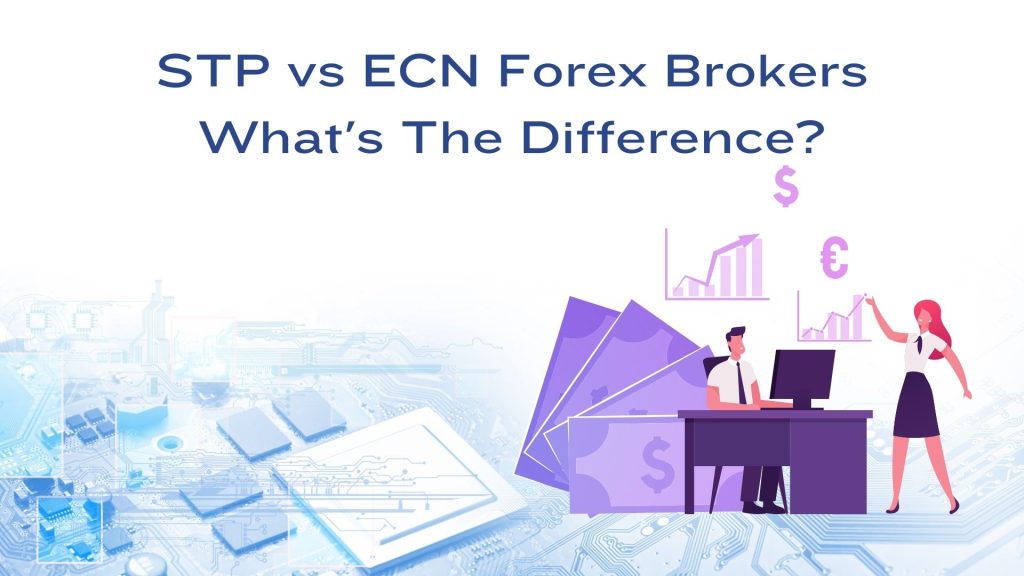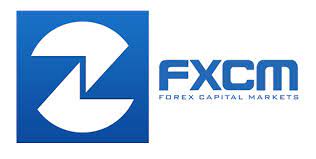
STP vs ECN Brokers – What’s The Difference?
There are two types of brokers in forex trading: Straight-Through Processing (STP) and Electronic Communication Network (ECN) brokers. Each one has distinct features and benefits.
This article will cover what are STP and ECN brokers and the difference between them.
What are STP Brokers?
STP (Straight-Through Processing) brokers are intermediaries that execute client orders without any dealing desk intervention. These brokers pass the trades from their clients on to a liquidity provider, which could be another broker, a bank, or a financial institution.
STP brokers earn their income through spreads and may also charge trading commissions.
Advantages of STP Brokers
- Fast order execution without dealer intervention.
- Transparency in trade execution.
- Well-suited for lower-volume traders due to relatively smaller fees and tight spreads.
Join the global network of professionals and find the ideal trading and liquidity partners now!
What are ECN Brokers?
ECN (Electronic Communication Network) brokers provide a platform where participants (banks, market makers, individual traders) interact directly. Through an ECN, traders can access the global currency markets and trade directly with other market participants.
ECN brokers typically charge a small commission for each trade and offer small spreads.
Advantages of ECN Brokers
- Direct access to the interbank market.
- Lower spreads and faster order execution.
- Suited for high-frequency traders and those with larger transaction volumes.
Key Differences Between STP vs ECN Brokers
Here are the key benefits between ECN and STP brokers.
Order Routing and Execution Speed
ECN Brokers: Orders are sent directly to the central interbank market for execution at the best market rate without interference from dealers. The execution speed is also rapid. ECN brokers provide transparency and minimise the potential for slippage at order execution.
STP Brokers: Orders are accumulated and sent directly to the counterparty, which could be another STP broker, a market-maker, or even an ECN broker. Execution speed and efficiency may vary, potentially leading to slippage at order execution.
Transaction Costs and Liquidity
ECN Brokers: ECN brokers typically charge commissions for trades and offer very small spreads. They also offer access to large liquidity provider institutions ensuring faster transaction times and efficiency.
STP Brokers: STP brokers earn via spreads and may also charge trading commissions. They generally do not have access to ample liquidity pools, potentially leading to slippage and slower order processing.
Trader Suitability and Technical Requirements
ECN Brokers: They are suited for high-frequency and day traders due to faster execution and lower spreads.
STP Brokers: They are suitable for daily traders seeking relatively low costs and quick execution. They usually use common trading platforms such as MetaTrader, which is easier to use.
Conclusion
Overall, traders with limited trading budgets and seeking lower transaction volumes might find STP brokers suitable due to lower fees and relatively tight spreads. Those with massive transactional requirements and high volumes might benefit from partnering with ECN brokers, which offer the narrowest spreads possible on the market.
Register your company and get featured on our homepage.
Follow us on LinkedIn to get daily Forex and CFD insights.






